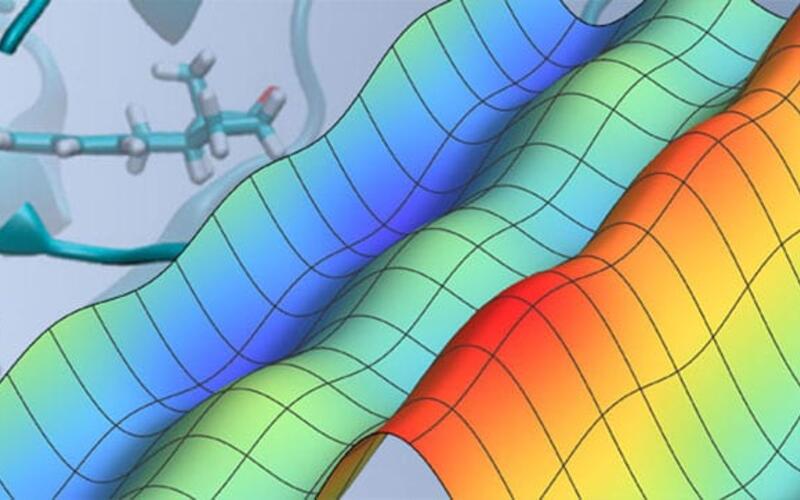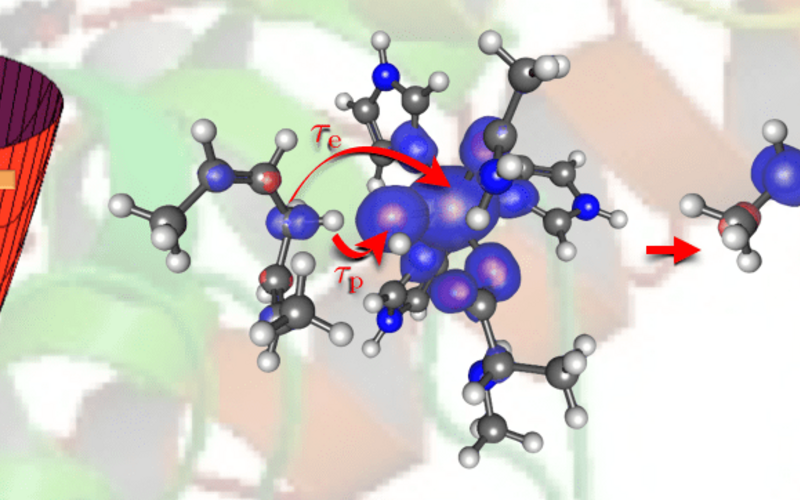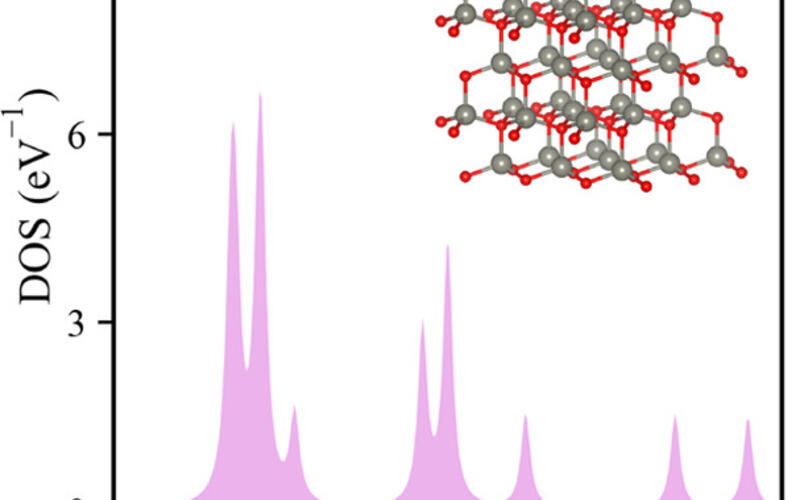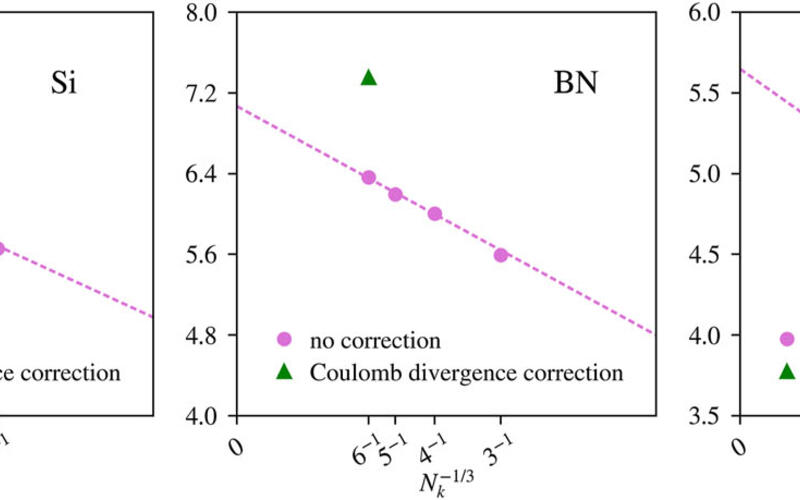Theoretical and computational chemistry at Yale covers all areas of chemistry through modeling and analysis of the structural and dynamical properties of molecules, biomacromolecules, and materials. These studies use quantum chemistry tools, equilibrium and nonequilibrium statistical mechanics, machine learning, and quantum dynamics. Calculations of organic and inorganic molecules, biological systems, solids, and surfaces are conducted on Yale’s state-of-the-art high-performance computing facilities and, in some instances, on Yale’s bosonic quantum computer. These calculations provide a powerful platform for developing new computational methods and for rigorous interpretations of experiments in a wide range of applications, from drug design and catalytic mechanisms to materials for solar energy conversion and storage.
Yale has a glorious tradition in theoretical chemistry, starting with J. Willard Gibbs, who laid the theoretical foundation for the entire field of chemistry. Yale Chemistry has continued to be at the forefront of developing theoretical and computational methods that have been central to the study of a wide range of chemical and biological processes.
Recent advances have been made in developing methods for modeling quantum reaction dynamics with tensor networks, machine learning methods for characterization of homogeneous catalysts, methods for quantum computing of vibrational spectroscopy, graph theory methods for studying allosteric mechanisms, theories for proton-coupled electron transfer, the nuclear-electronic orbital method for multicomponent quantum chemistry, hybrid quantum mechanical/molecular mechanical methods, microkinetic modeling, docking and force field approaches for studying enzymes, methods for simulating linear and non-linear optical spectroscopy, and methods for simulating heterogeneous electrocatalysis.
The theoretical chemistry groups collaborate heavily with virtually all experimental research groups in the department as well as with research groups across campus and beyond, including research at Yale School of Medicine, the Yale Quantum Institute, and the Energy Sciences Institute. Ongoing research projects involve modeling and characterization of new drugs, mechanisms of enzymes, including CRISPR/cas9, novel materials for sustainable energy conversion and storage, new phases and interfacial structures for advanced battery technologies, electrochemical systems and heterogeneous catalysts, photochemical processes, nanoparticles and materials interfaces, water spitting, CO2 reduction and ammonia oxidation, and the development of hybrid organic/inorganic materials for the photochemical production of liquid fuels.



